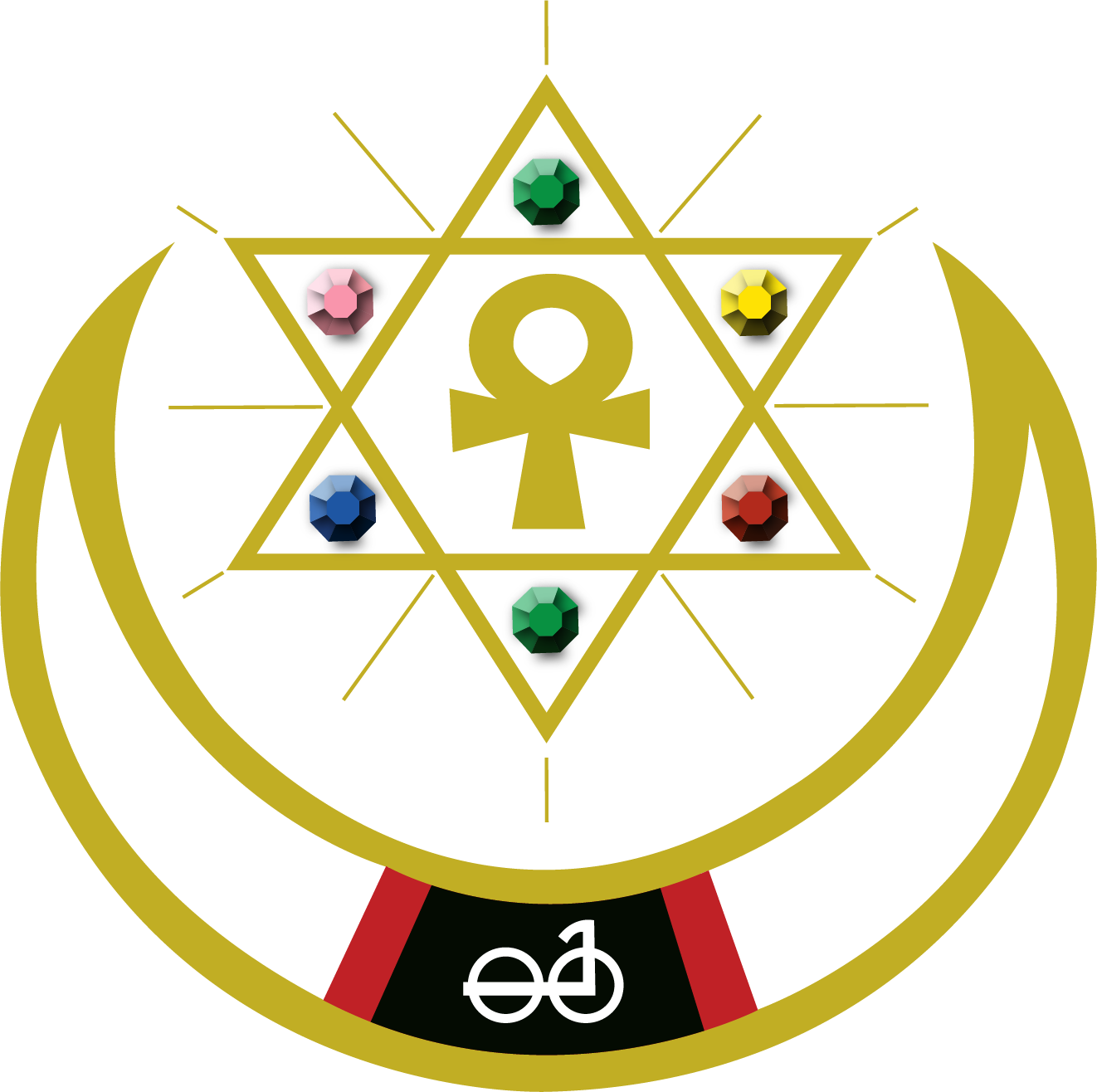The Judicial Office
Introduction To The U.N.N.M. Judicial Office
While there is no provision in the U.N.N.M. Constitution for a “Judicial Office” Members of the Judicial Office are appointed by The Governing Body and confirmed by the Maku/ Supreme Grand Master. The Governing Body, which establishes the Judicial Office, leaves The Governing Body significant discretion to determine the shape and structure of the judiciary office. Even the number of Supreme High Court Justices is left to The Governing Body. Supreme High Court Judges can only be removed through impeachment by the Maku/ Supreme Grand Master.
While there is no provision in the U.N.N.M. Constitution for a “Judicial Office” Members of the Judicial Office are appointed by The Governing Body and confirmed by the Maku/ Supreme Grand Master. The Governing Body, which establishes the Judicial Office, leaves The Governing Body significant discretion to determine the shape and structure of the judiciary office. Even the number of Supreme High Court Justices is left to The Governing Body. Supreme High Court Judges can only be removed through impeachment by the Maku/ Supreme Grand Master.
Supreme High Court Justices serve no fixed term — they serve until their death, retirement, or conviction by The Governing Body. By design, this insulates them from the temporary passions of the public, and allows them to apply the law with only justice in mind, and not electoral or political concerns.
THE SUPREME HIGH COURT of THE UNITED NUWAUBIAN NATION OF MOORS
The Supreme High Court of the United Nuwaubian Nation of Moors is the highest court in the U.N.N.M., and the only Office that is specifically enacted by The Governing Body. The U.N.N.M. Constitution does not stipulate the number of Supreme High Court Justices; the number is set instead by The Governing Body. All Justices are nominated by The Governing Body and confirmed by Maku/ Supreme Grand Master. and hold their offices under life tenure. Since Justices do not have to run or campaign for re-election, they are thought to be insulated from political pressure when deciding cases. Justices may remain in office until they resign, pass away, or are impeached and convicted by The Governing Body.
